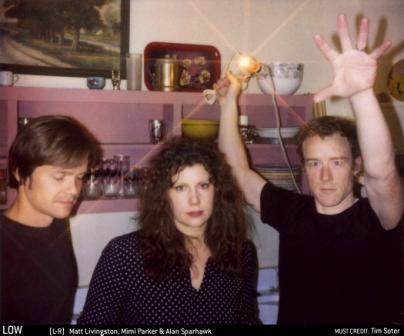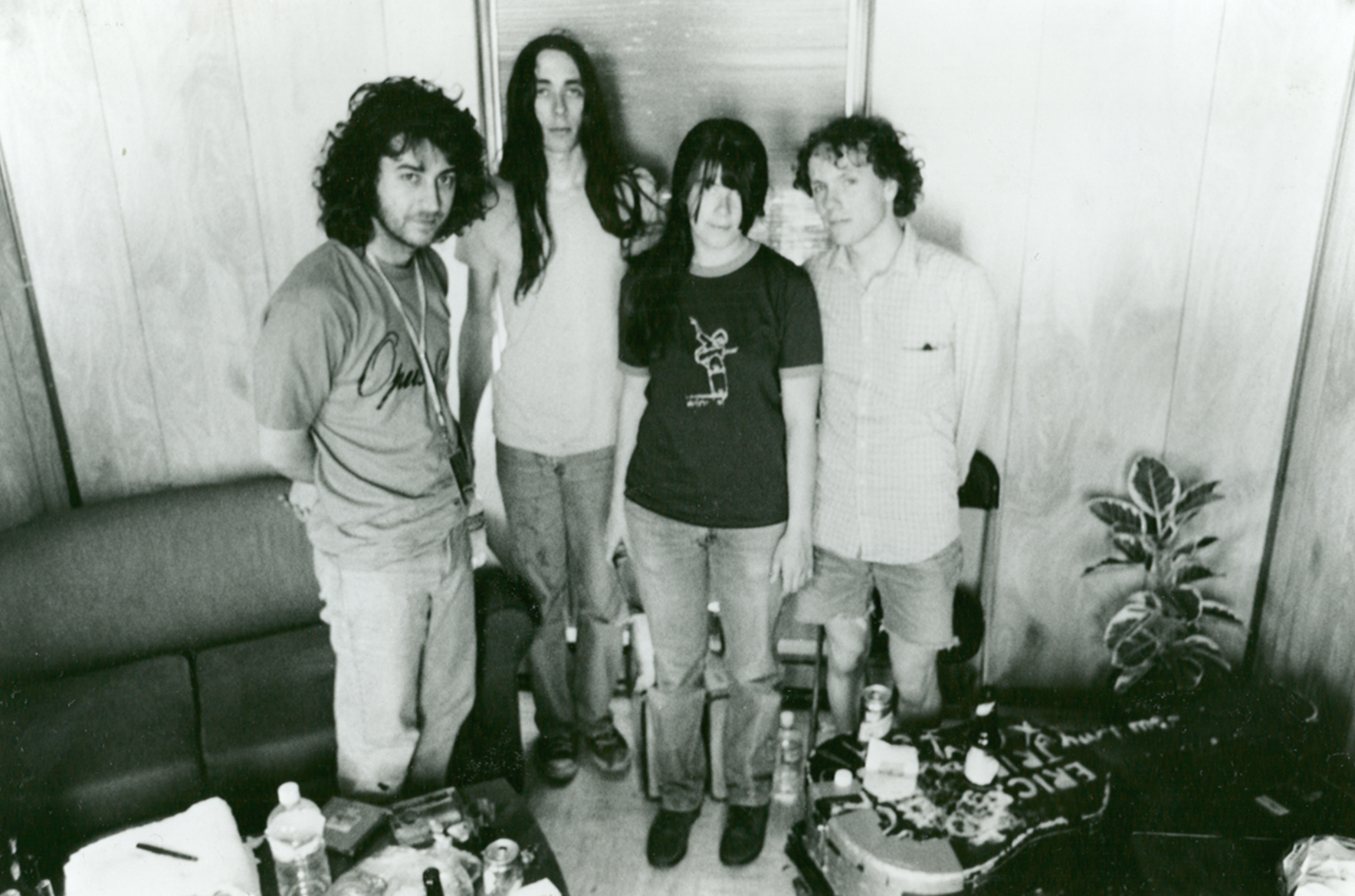Eight years ago, I would’ve been freaking out. Editors, a British band lukewarmly received by critics and adored by people, should be approached with a teenager’s mind, with “beginner’s mind”—one that recognizes a guitar crescendo as lovely because it is, not because its gothy grandeur sounds like another, American band. As a writer, I feel unprofessional for not taking the piss (Mikael Wood, writing for Spin, dubbed them “Interplay for Cutie”), and as a person I just feel alone in my enthusiasm. Editors’ show at Chop Suey last fall was sold out and sung along to, and KEXP is heavy on the case. But among most people, I’ll get less flack for playing “Pop Lock & Drop It” at a dinner party.
Thank God not every party is one of those. An Anglophile friend recently hosted karaoke on the night Tony Wilson, the impresario behind legend-label Factory Records, passed away. As a tribute, we dueted Joy Division’s “Love Will Tear Us Apart,” followed by two tracks from spirit-brothers Editors: “Munich,” a blistering single from their 2005 debut, The Back Room, and their latest single, “Smokers Outside the Hospital Doors.” Singing it, you realize that frontman Tom Smith’s baritone is easily mimicked. The backing chorus—”We’ve all been changed/From what we were/Our broken hearts/Smashed on the floor”—is on the emotional plane of the Postal Service. And the arching, ecstatic guitar wails that get you lost are, naturally, reduced to a tinny warble. The microphone falls listless in your hand. Someone cue the B-52’s.
“Absolute bonkers,” says Smith, at the knowledge that his songs exist in karaoke form. The connection wavers; he sounds legitimately troubled. “I might be the worst person in the world to sing karaoke to our songs, I reckon. I wouldn’t be able to get through.”
As the leader of a perpetually touring band, he’s managed well with his own enthusiasm, whether dealing with thousands at Glastonbury or with the fair-to-middling assessments of the band in stateside press. Smith is gregarious and excited about life, which doesn’t jibe with Editors’ reputation as “gloom sluts” (thanks, Rolling Stone, I guess), nor do the lyrics or the orchestration on their second album, An End Has a Start. Again, the guitars are hyper in their Edge-like quest for the sublime. This produces moments of unavoidable, visceral beauty, such as on “Smokers,” that leaven images of dirty hands and mouths wired shut. It’s too pretty for post-punk: For slit-them-lengthwise moroseness, Red House Painters’ Mark Kozelek’s aesthetic has much more in common with Ian Curtis’.
But the legacy of Curtis’ Joy Division and Wilson’s Manchester scene isn’t lost on Smith. “[Wilson] was a true maverick. A genius,” he says. As that music filters through the years, “it inadvertently has probably had an effect on what we do without us even knowing it. That’s just testament to what an impact he’s made.”
Factory’s output is memorable for meshing disco and punk, and Editors handle dark themes with dance-friendly beats and a near-desperate optimism. “If you’re forced to think about things that are ultimately terrifying, you can appreciate what you have,” says Smith. He alludes to some shit going down in his personal life that’s given him that perspective. “Rather than the grimness of death, with time and space, you can maybe focus on how amazing life is.”
For example, the drama on An End is incrementally pitched so high that by the time you reach track eight, “Escape the Nest,” the whole thing feels more like a romance or survival story. “There’s life in us yet, love/These walls we will climb above”—my editor should stop me from making a hyperbolic Romeo and Juliet analogy, but I can’t resist. The essence of the cycle of excitement and disappointment is what Editors ultimately convey. Smith conveys it in his everyday speech. He’s bummed when his work is tossed off as second-rate, but he’ll defend it “until the day I die.” “There isn’t one reason [that’s] uniting people who don’t like the record,” he says hopefully. The songs may not work for karaoke, but judging from last year, they certainly work for those meant to perform them. Would Smith invite naysayers to see them live? After a bit of a rant, he settles on, “No….Your score in NME is less and less important. It’s what people think rather than what the people with pens think.”
He hesitates, almost too polite to say this to a journalist: “Yeah…fuck ’em.”








